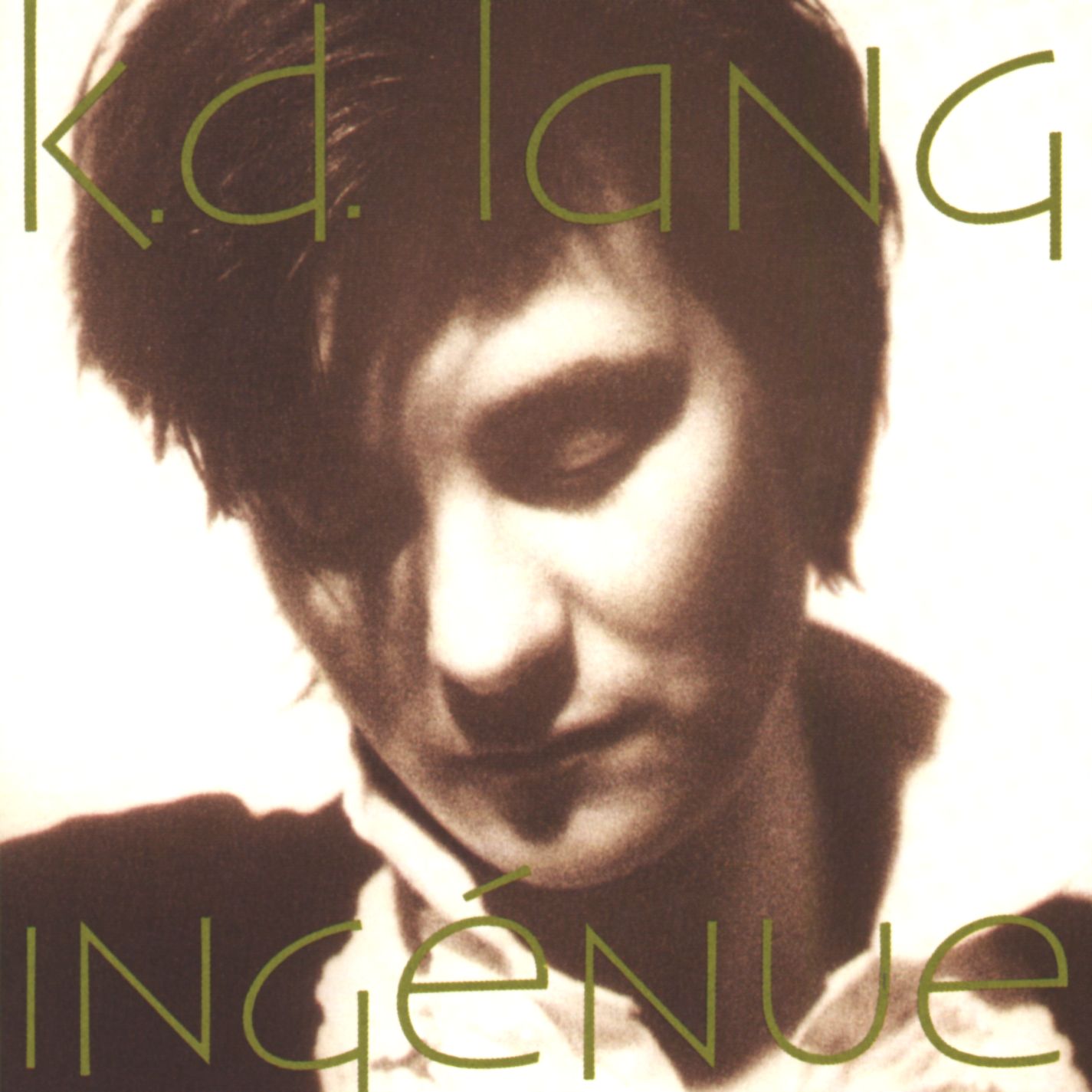Working your way through a hard time is pretty much impossible without the relief that comes from listening to music. In the last four years, I’ve focused a large amount of my listening on songs that talk about the hard stuff, just so I can feel better about my own. Coming out; divorce; difficult family dynamics; political divisiveness — any one of those things could send anybody reeling, but put ‘em all together, and wow, time to put on some tunes. — Mary Bragg
Aaron Lee Tasjan – “Up All Night”
Aaron’s sense of freedom and celebration of self combined with his outrageous talent for songwriting and production comes together wistfully in this wild piece of ear candy that I can never get enough of.
Joy Oladokun – “Breathe Again”
“Breathe Again” was the song that introduced me to Joy’s music, and it is just the most life-giving sentiment spoken through pain with honesty. It’s been meditative and healing for me.
Tegan and Sara – “Closer”
What a bop.
Gillian Welch & Dave Rawlings – “Hard Times”
There’s a Gillian & Dave song for every season of life. This one, of course, could apply to any kind of hard time you’re going through, and Gillian’s lilting delivery has me simultaneously sitting in my pain and crawling out of it one refrain at a time.
MUNA feat. Phoebe Bridgers – “Silk Chiffon”
Again with the bops- MUNA flings themselves into romantic pop bliss and brings us along for the party.
Stephanie Lambring – “Joy of Jesus”
People sure love to talk about your “lifestyle choices.” What I know is that living fully in my heart and my body and mind should not put me in a category that’s cast out, made less than, or made the subject of anyone’s ire. I won’t be told I’m going to hell just for loving an incredible human being who happens to be of the same sex.
Erin Rae – “Bad Mind”
It’s hard to believe that in 2022 there are still millions of people who think you’ve lost your mind for loving a person. Loving a person. And yet, those opinions are much stronger and more deeply felt than I ever realized they were; they can creep into your psyche and try to steal your joy, but I’m just trying to live a good life that leads with love, so I keep showing up as myself, trying my darnedest to claim and protect my own happiness.
Indigo Girls – “Closer to Fine”
More so heroes to me now than they already were, returning to this iconic song has taken on new meaning for me since I came out. Amy & Emily have been trailblazers for a long time, and funnily enough, they were the representation I didn’t know I needed as a teenager. I’m so thankful they exist in this world the way that they do — boldly living their lives but always leading with love and respect.
Grace Pettis feat. Indigo Girls – “Landon”
Producing this album for Grace lives in an almost surreal, fantastical pocket of my memory. When I first heard the demo of this song, I was floored by her willingness to talk about formerly being in that place of judgment; she tells the story of a changed friendship, a forgiveness of self, and a reconciliation that we can all hope for. I had this audible vision of the Indigo Girls’ voices taking it to a new place, and wow, did they ever. I’ll never forget how wonderful an experience it was for me to comp their vocals and drop their magic into this transformative song.
Bill Withers – “Lovely Day”
I’m such a fan of Bill Withers. With a penchant for capturing positivity and heartache in a series of brief melodic nuggets, this one pops up as one of the songs I find playing on repeat in my subconscious, willing a lovely day into existence.
Kacey Musgraves – “High Horse”
Craving a common ground where no one’s on any kind of high horse, this one is a gift to me, expressing frustration with the holier-than-thous. I can’t tell you how to live your life, so…
Brennen Leigh – “Billy and Beau”
The fact that Brennen is of our generation is some kind of country music miracle. Extremely well-versed in the great landscape of country music, yet bold as anyone, here she and Melissa Carper give us the sweetest anthem — “the heart wants to go where the heart wants to go, and you can’t undo it.”
Tom Petty – “Listen to Her Heart”
What intentionally uplifting rock-n-roll moment is complete without Tom Petty? I really believe in listening to your instincts — that feeling you know can trust implicitly, which of course cannot be ignored. “She’s gonna listen to her heart” — you betcha.
Photo Credit: Shervin Lainez


